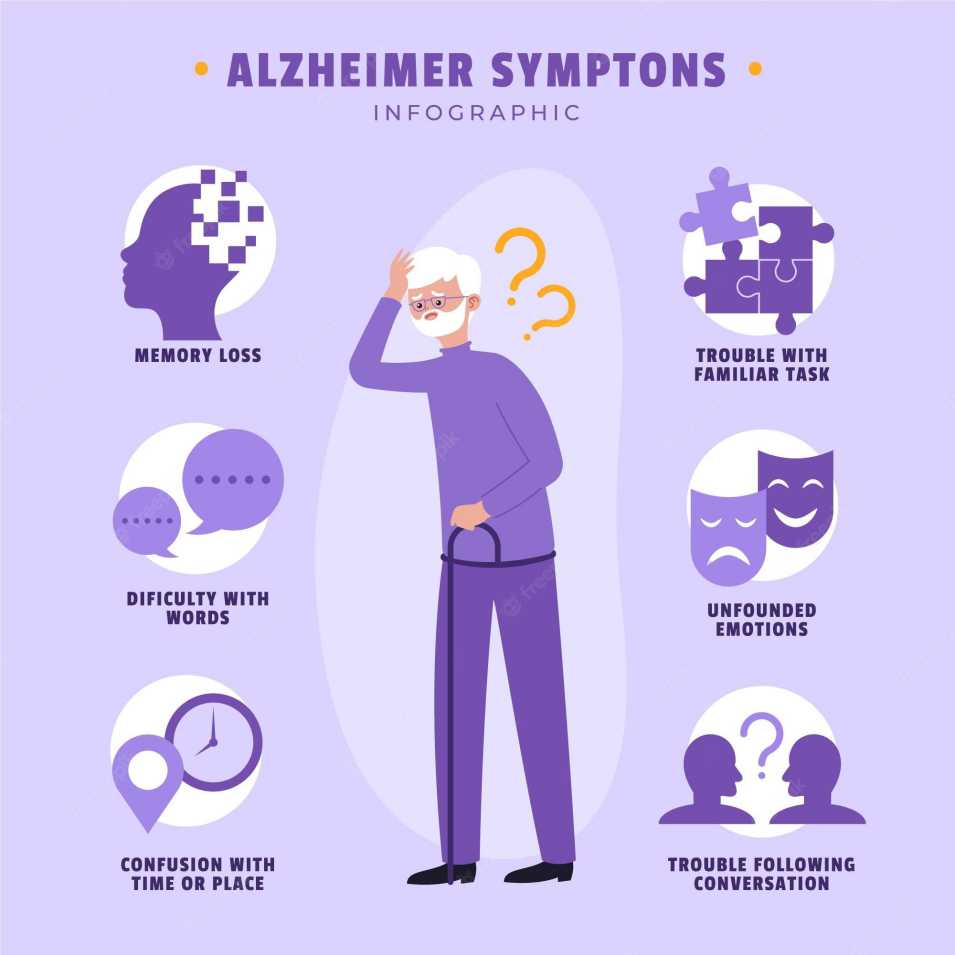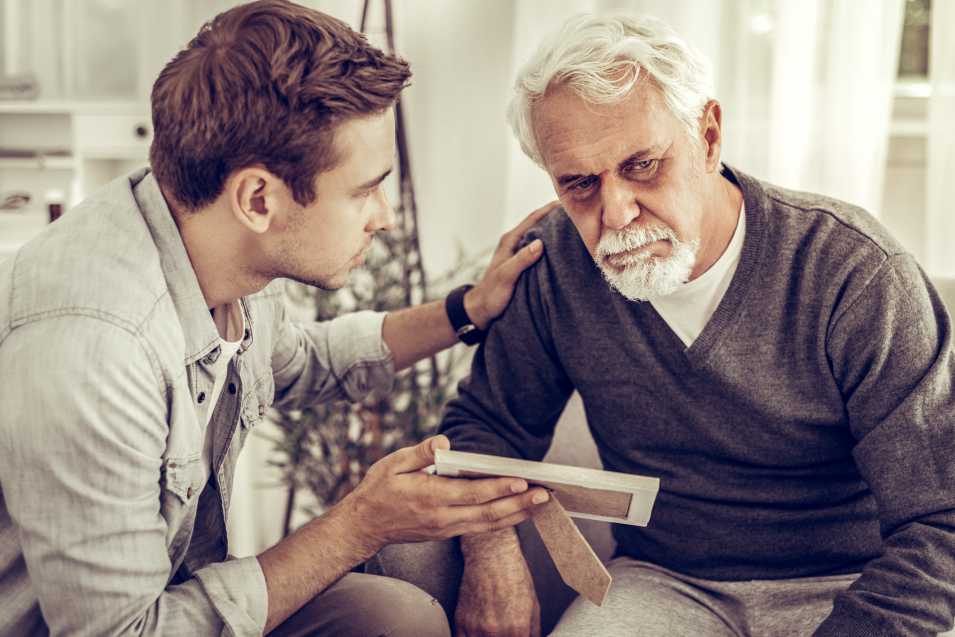The question of What Cause Amnesia is frequently asked, especially after a certain age. In this article, you will find answers to all your questions about amnesia.
Amnesia is a medical condition that causes partial or complete memory loss. It can affect a person’s recall of events, people, or places. Various factors, including brain damage, illness, or psychological trauma, can cause amnesia. There are several types of amnesia, each with its own symptoms and causes.
Types of Amnesia
Several types of amnesia affect people in different ways.
1. Retrograde amnesia: This type of amnesia causes a person to forget events that occurred before the condition’s onset. Retrograde amnesia can be brought on by a head injury, stroke, or other medical condition.
2. Anterograde amnesia: This type of amnesia causes a person to forget events that occurred after the condition’s onset. Anterograde amnesia can be caused by brain damage, illness, or psychological trauma.
3. Transient global amnesia: This type of amnesia is a sudden, temporary memory loss that can last several hours. Transient global amnesia may be caused by brain blood flow disturbance.
4. Dissociative amnesia: This type of amnesia is caused by psychological trauma, such as abuse or a traumatic event. The person may forget all or part of their past.
What Causes Amnesia?
Several factors can cause amnesia, including head trauma, stroke, brain damage, illness, or psychological trauma.
Head trauma is one of the most common causes of amnesia. Brain injury from head trauma can cause memory loss. A stroke, caused by a disruption of blood flow to the brain, can also cause amnesia.
Brain damage can also cause amnesia. A variety of factors, including infection, tumors, or degenerative diseases such as dementia’s can cause this.
Lastly, psychological trauma can also cause amnesia. This can result from abuse, a traumatic event, or other types of emotional distress.

Symptoms of Amnesia
The symptoms of amnesia can vary depending on the type and severity of the condition.
The most common symptom of amnesia is memory loss. This can include forgetting events, people, or places. Other symptoms may include confusion, disorientation, and difficulty concentrating.
In some cases, people with amnesia may experience anxiety or depression due to their condition. They may also need help with daily responsibilities.
Related Article: Center for Anxiety Disorders
Common Behaviors Associated with Amnesia
People with amnesia may exhibit a variety of behaviors as a result of their condition.
One common behavior is confabulation, which is when a person creates false memories to fill in the gaps in their memory. This can be unintentional and may result from the brain trying to make sense of incomplete memories.
Another behavior that is common in people with amnesia is repetition. They may repeat questions or statements because they do not remember asking or making them.
Lastly, people with amnesia may become frustrated or angry due to their condition. They may feel as though they cannot participate in their own lives and may struggle with feelings of helplessness.
How to Diagnose Amnesia?
Diagnosing amnesia involves a variety of tests and assessments. A physical examination is the initial step in diagnosing amnesia so that any potential medical causes can be eliminated.
Once a medical condition has been ruled out, a neuropsychological evaluation may be conducted to assess the person’s memory and cognitive abilities. This may include memory tests, problem-solving tasks, and other assessments.
Treatment Options for Amnesia
Treatment for amnesia depends on the underlying cause of the condition.
Treating a medical problem like a stroke or brain damage may help forgetfulness. This may include medication, surgery, or other medical procedures.
If the amnesia is caused by psychological trauma, therapy may be recommended. This may include cognitive-behavioral therapy, talk therapy, or other forms of psychotherapy.
Preventing Amnesia
Several steps can be taken to help prevent amnesia. One of the most important things that can be done to prevent amnesia is to protect the brain. One way to accomplish this is to always use a helmet when engaging in potentially dangerous activities like playing contact sports or riding a bicycle.
Keeping up a healthy routine might also reduce the risk of memory loss. Maintaining a healthy lifestyle involves avoiding harmful substances and engaging in regular physical activity.
Finally, learning to deal with stress and worry is a good way to protect against amnesia. Meditation and yoga are two examples of ways to calm down and prepare for action.
Coping with Amnesia
Coping with amnesia can be challenging, but several strategies can be used to help manage the condition.
One of the most important things that can be done when coping with amnesia is establishing daily routines and structure. This can help reduce confusion and anxiety and make remembering important information easier.
Using tools such as calendars, to-do lists, and reminders can also be helpful when coping with amnesia. These tools can help ensure that important information is remembered.
Lastly, seeking support from friends, family, or a therapist can be helpful when coping with amnesia. Talking about the condition and sharing feelings can help reduce isolation and helplessness.
Related Article: Hospice Criteria for Dementia
